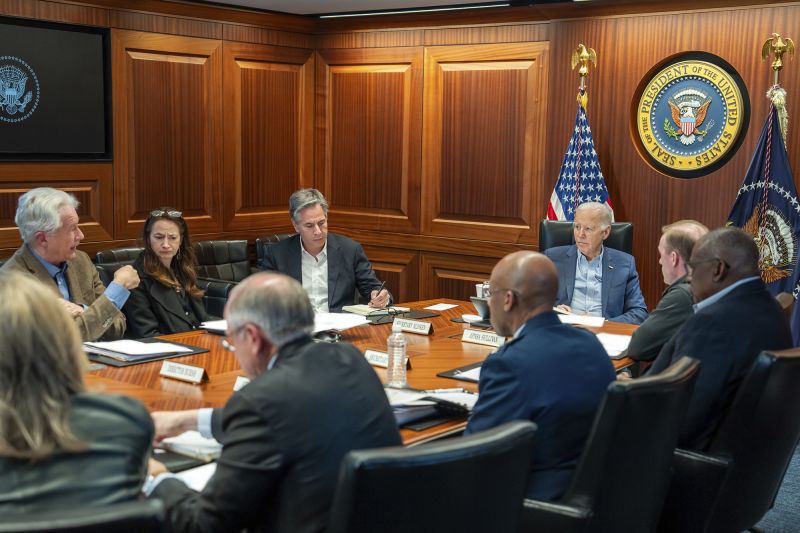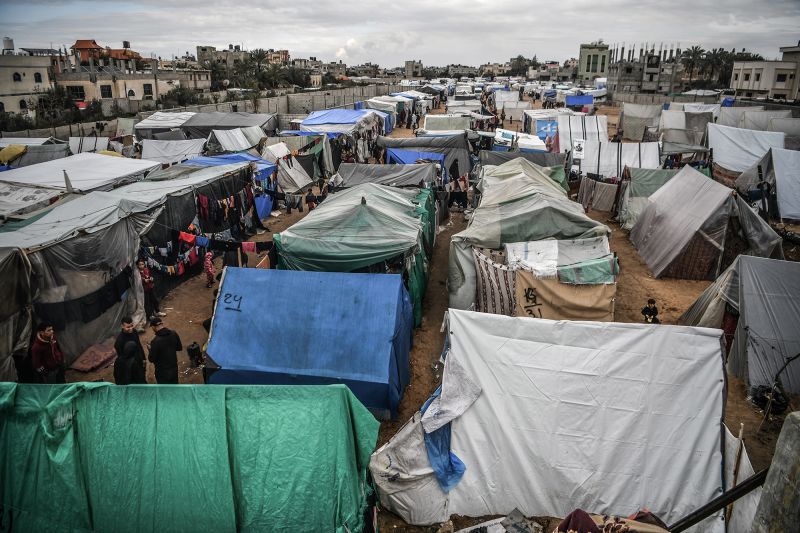
White House National Security Council spokesperson John Kirby reiterated Monday morning that President Joe Biden is focused on preventing Iran’s attack against Israel from spiraling into a wider regional conflict.
“Just because Iran conducted this unprecedented attack, which we and our Israeli partners and other partners thwarted, doesn't mean that we should just accept a constant rising escalation in the region. The President is not going to accept that he wants to see things de-escalate,” Kirby told CNN’s Kate Bolduan this morning.
Pressed on whether it’s the White House position that Israel should not retaliate, Kirby said that’s ultimately up to Israeli Prime Minister Benjamin Netanyahu’s government but that the US wants to see tensions de-escalate.
“We respect their sovereign decision-making process. What we want to see is de-escalation of the tensions. We don't want to see a wider war," Kirby said.



